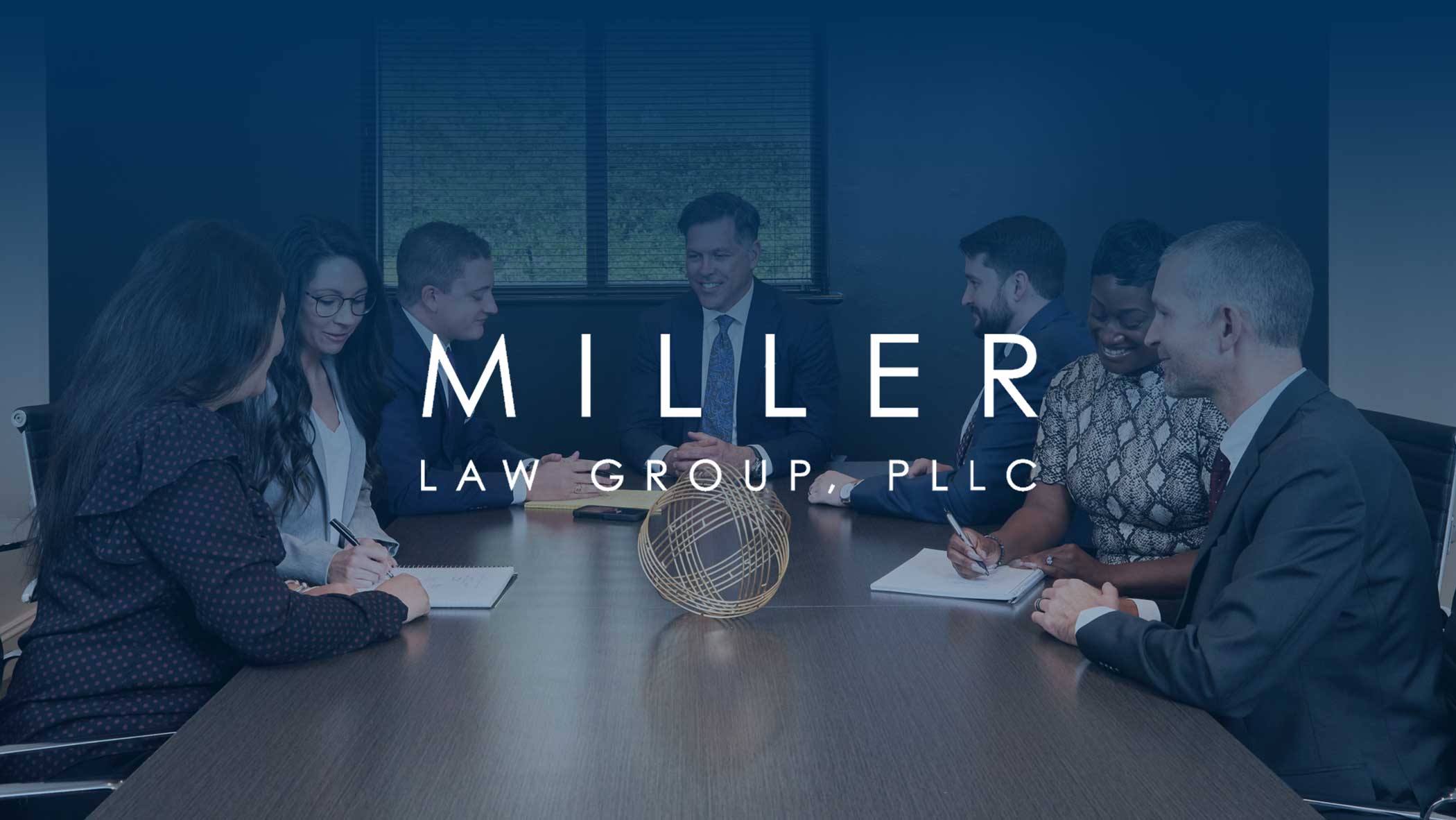Two things all potential whistleblowers should avoid

The False Claims Act (FCA) is the government’s most powerful weapon against fraud. The FCA allows whistleblowers who uncover fraud against the government to bring a civil lawsuit on behalf of the government. Over the last 30 years, the government has been able to recoup $56 billion of public assets. Of this recovery, over $40 billion is thanks to private whistleblowers, who sounded the alarm under the FCA.
If you have uncovered fraud, here are two important things to avoid before blowing the whistle:
- Public Disclosures
If a whistleblower publicly discloses information, it can have a severe impact on a potential FCA case. Under the FCA, a whistleblower must provide the government with a “written disclosure of substantially all material evidence and information,” in the whistleblower’s possession. 31 U.S.C. § 3730(b)(2). A whistleblower must be the original source of that information in order to bring a claim under the FCA. § 3730(e)(4). Public disclosure defeats the whistleblower’s status as the original source. See § 3730(e)(4)(A). Although whistleblowers often have good intentions when they publicly disclose information, it can seriously harm–or even destroy—their case. Public disclosure can also lead to a second huge pitfall:
- Alerting the Fraudster
Raising the suspicions of the fraudster early on can hamper a potential FCA claim. Often, whistleblowers uncover fraud that is being perpetrated by their employer. While the FCA does provide important protections from workplace retaliation, alerting the fraudster can have other important impacts. For example, workplace retaliation could limit the whistleblower’s ability to gather evidence and build a stronger case. Some of the best evidence to support a whistleblower claim are internal records and documents.
If you have uncovered fraud against the government, contact the whistleblower attorneys at Miller Law Group today for a free consultation. Our team can help you navigate the complexities of whistleblower law.
Additional Resources:
Whistleblower’s Award in False Claims Act Case
Arbitration Clauses and Whistleblower Claims
Is it a HIPAA violation when whistleblowers use medical records?
Our Attorneys’ Practice Areas

